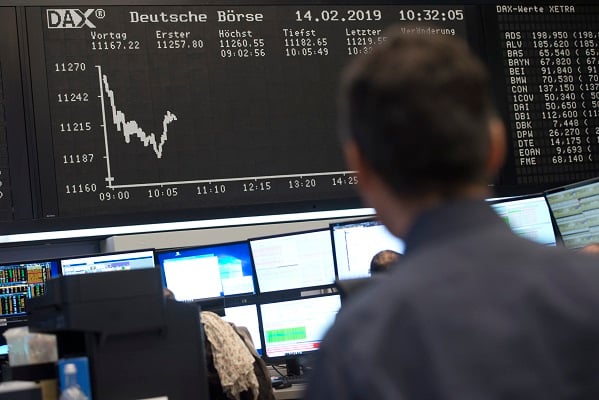Two of the world’s most powerful nations are the leading sources of internet insecurity.
That’s per a new Stocklytics.com data presentation. The outlet reports that Russia and China account for roughly 25% of the global cyber attacks.
Stocklytics’ investments expert Edith Reads said, “Cybercrime is evolving, and we’re seeing more state-sponsored actors emerging in this space. This worrying development emphasizes the need for global cooperation in stemming this danger.”
Edith explained that cyberattacks threaten the security of individuals, businesses, and entire states. Besides stealing private information, it can disrupt businesses and essential services, all at a hefty financial cost.
Tracing the origins of global cyberattacks
Stocklytics’ report mapped out the major players behind cyber insecurity worldwide. It noted that most of these incidences (45%) are unattributed, meaning their origin isn’t clear. Meanwhile, China is responsible for most of these attacks (12%), with the Beijing-backed Volt Typhoon group prominently featured.
Russia came a close third to China, accounting for 11.9% of global cybersecurity breaches. Rounding the top five are Iran and North Korea. The report attributes 5.3% of global internet attacks to the Persian state and 4.7% to pro-North Korean actors.
The report also highlighted the major areas at risk of cyber attacks in America. Drawing from a Cybersecurity And Infrastructure Security Agency advisory, it identified three vital U.S. departments that could be targets of China-sponsored infiltration. The U.S. Department of Energy, the U.S. Environmental Protection Agency, and the U.S. Transport and Security Agency are the three.
This assessment ties in with a Cybersecurity Ventures Report on Cybercrime. The survey noted that cybersecurity concerns will continue topping global risks in the next decade. Moreover, it concluded that vital agriculture, water, energy, communications, and finance installations were highly susceptible to malicious attacks.
Why are cyber crimes increasing?
Edith explained that many factors will fuel this growth in cyber insecurity. Chief among them is the current advancement in technology. She held that the adoption of AI and quantum computing expands the reach and capacity of bad actors.
That, coupled with a biting shortage of cybersecurity professionals and geopolitical tensions, exacerbates the challenges of tackling the vice. As such, global cooperation is urgently needed to fight the menace. Adopting proactive security measures will go a long way in building cyber resilience.






Leave a Comment